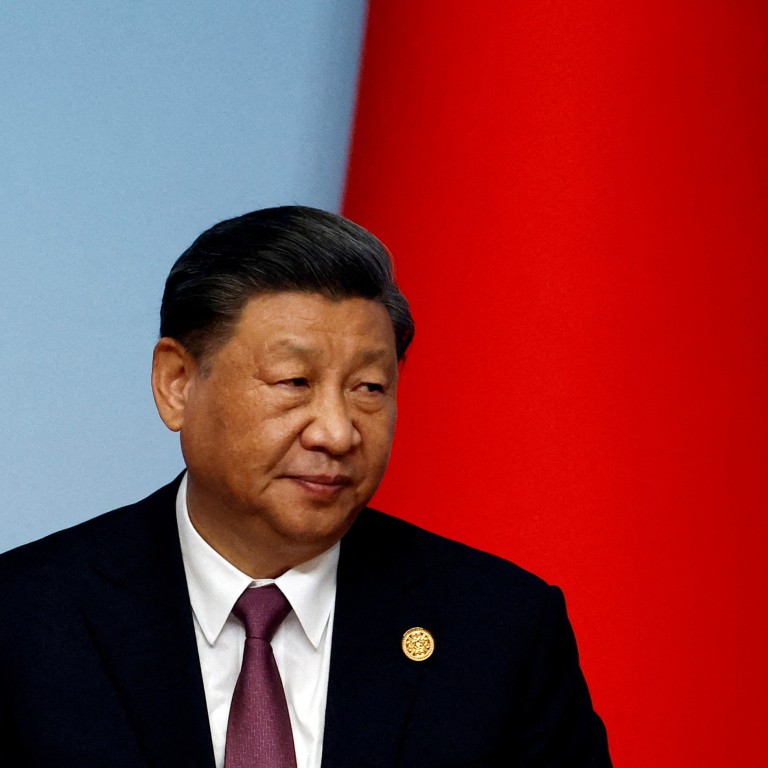
Exclusive | Signs of Chinese President Xi Jinping delegating more to hand-picked deputies at start of third term
- Xi has chaired fewer gatherings at home and cut back on international meetings
- The leader could be feeling more confident entrusting others with major responsibilities, observers say
Chinese leader Xi Jinping appears to be delegating more responsibilities to his chosen deputies, with fewer reported appearances at top-level meetings in the first stage of his unprecedented third term.
While Chinese politics is opaque, meetings are the main platform for the leader to voice specific goals and policy points, reflecting how deeply involved he is in those areas.
The total was fewer than the 59 he chaired five years earlier and the 50 meetings he directly oversaw at the start of his first term after taking over from predecessor Hu Jintao.
Since then, Xi has presided over 19 meetings on domestic affairs. He chaired 26 meetings in the same period five years ago, and 22 a decade ago.
In addition, Xi has made fewer appearances at international meetings, attending just 31 such gatherings – including three virtual ones – since March. That compares with the 38 he attended five years ago and the 43 a decade ago.
Despite his scaled-back presence, his deputies and state outlets still describe him as “personally in command” of almost all key policy areas, including economic growth and recent flood relief efforts.
One area where the president does appear to be spending more time is on the road throughout the country.
Such trips have traditionally been a way for the top leader to gather first-hand information and connect with people in the area.
Dali Yang, a political scientist at the University of Chicago, said Xi’s fewer appearances could not be explained by scheduling clashes.
“The schedule could always be changed to suit him. Scheduling is rarely an issue because they can always be adjusted for his purposes,” he said.
Yang added that in Xi’s first two terms, the Chinese leader seemed to be eager to show up at meetings to leave his mark on key issues.
“Now he seems to prefer working on things behind closed doors … I guess he’s also become more comfortable now that his authority has been firmly established.”
And with the promotion of allies into the Politburo Standing Committee, the president “can afford to delegate and just give his instructions”, Yang said.
Yang said it was clear that Xi felt more comfortable now to send someone else whom he regarded as his deputy to certain meetings.
Nis Grünberg, a China analyst with the Berlin-based think tank Mercator Institute for China Studies, said Xi now had a team that he chose himself.
“It’s very well thinkable that he now feels confident that he has trusted attendance in these important positions so that he can let loose a little bit and do his supervising from a back-seat position more than he did before,” Grünberg said.

.JPG?itok=zUDwoZRB&v=1701240446)